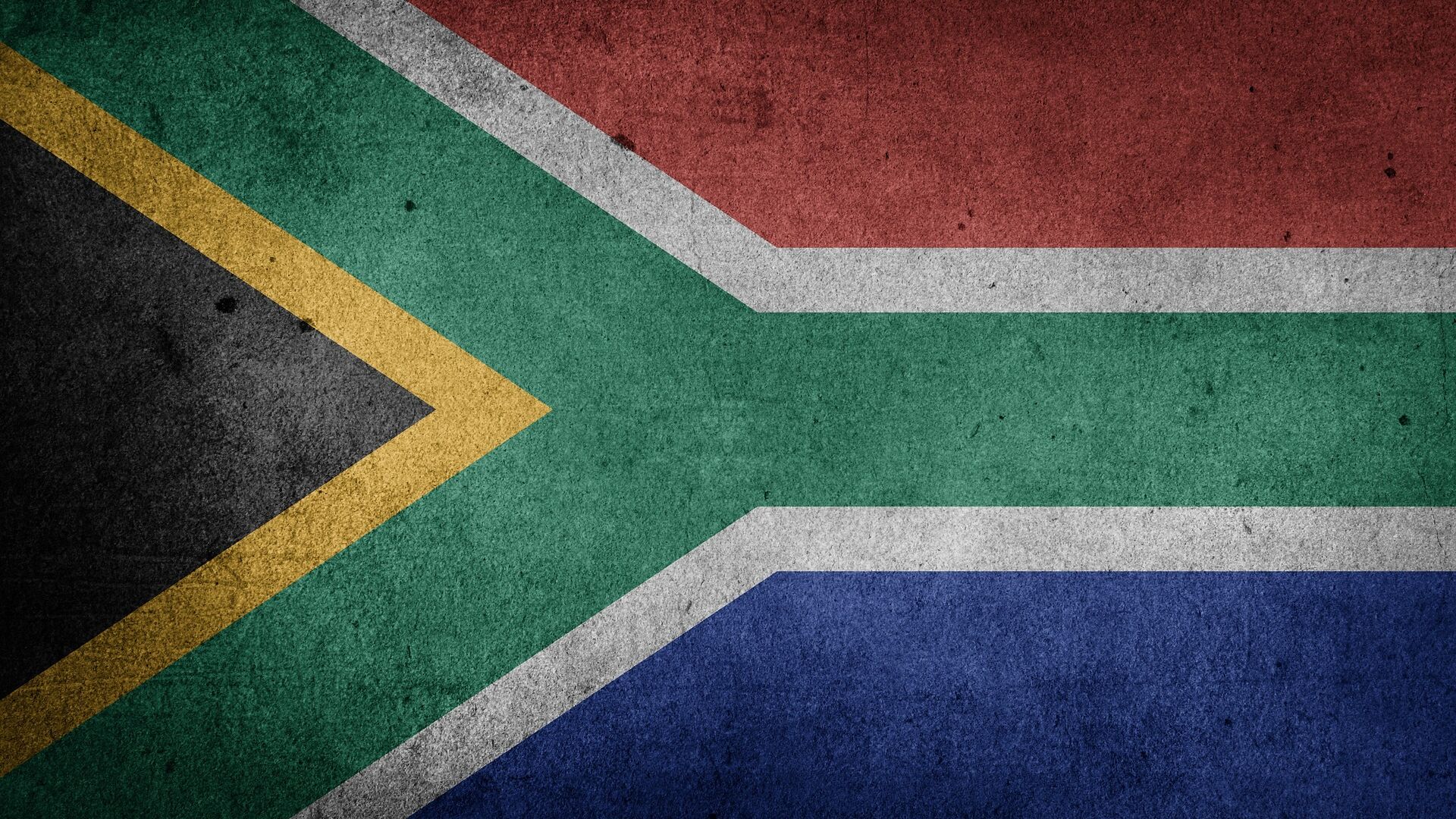Afrikaans

INTRODUCTION TO AFRIKAANS
Afrikaans is an Indo-European language, specifically Germanic, derived from Middle Dutch. Although Afrikaans is mainly spoken in southern Africa and Dutch is spoken in Europe, this descent is due to the fact that many Dutch settlers came to South Africa during the second half of the 17th century.
Until the mid-19th century, Afrikaans was a purely oral language, as the official language was Dutch. However, during the 20th century it was declared official in South Africa and Namibia, and began to take on more importance in terms of literature. In fact, the greatest exponent of its literature is Breyten Breytenbach.
The language has acquired vocabulary from English, Malay, Portuguese and the Zulu languages of the natives of the area. It is worth mentioning that its spelling and grammar are regulated by Die Taalkommisie, a linguistic institution founded in 1909 by the South African Academy for Science and Arts.
LINGUISTIC ASPECTS OF AFRIKAANS
Afrikaans has 26 letters and is written in the Latin alphabet. It has also evolved more rapidly than the other Germanic languages, since in only two or three generations it has suffered the reduction and loss of the original inflectional system.
The grammar is simpler than Dutch, contains more colloquial words than Dutch and tends to acquire many words from other languages. Its syntactic order is similar to that of Dutch: subject, verb and object or subject, object and verb if the preposition is subordinate. Moreover, the words are not contracted; the plural is indicated by adding an -e at the end and there is only one article: die.
Although it was born as a dialect of Dutch used by the Dutch Protestant settlers, it has established itself as a language. It is now known that there are three dialects of Afrikaans: Western Cape, Eastern Cape and Orange River.
Interestingly, the main difference from other Germanic languages is that this language uses double negation.
ECONOMY, CULTURE AND AFRIKAANS
This language is spoken in Southern Africa, an area that relies heavily on ships and ports for international trade. In Africa, maritime trade reflects the continent’s trade concentration and limited diversification. Forty per cent of the goods exported by sea in 2017 consisted of crude oil, and 20 per cent of the goods exported by sea consisted of oil and gas derivatives. The current scarcity of both commodities makes Africa, along with Afrikaans, vital to life as we know it today.
In terms of culture, the Afrikaner identity plays a very important role in the area. The Afrikaner is the name given to the ethnic group of Dutch origin settled mainly in South Africa and Namibia This group bases its identity on three concepts: language, the Christian Calvist religion and agricultural production. The religious beliefs of this group have contributed to the development of Afrikaner nationalism and apartheid in the 20th century.
IMPORTANCE OF THE LANGUAGE
Afrikaans, as a language spoken almost everywhere in southern Africa and because it is so similar to Dutch, is of considerable importance in international relations.
Also, because it is so widely spoken in South Africa, a country with ten official languages, it is often second only to English as the preferred language of instruction. In addition to being in the G20, it has the highest GDP among African countries, an excellent transport network, a sophisticated financial sector and highly competitive companies.
Independently of South Africa, it is spoken in areas that are very rich in minerals such as platinum or chrome, which adds to the richness of the language.
This makes it a potential language for intercontinental communication, since if we were to translate a document into Afrikaans, almost all of southern Africa would understand it.
WHERE IS AFRIKAANS SPOKEN?
Afrikaans is currently spoken by 15.5 million people. Of these 15.5 million, 7.5 million are native speakers of the language.
Afrikaans is the official language in South Africa, Namibia and Botswana. However, there are also many Afrikaans speakers in Lesotho. There are also minority communities in the UK, Australia, New Zealand, Malawi, Zambia and Swaziland that speak this language In addition, Afrikaans and Dutch are mutually intelligible, so that in part of Europe they can also understand and interact in Afrikaans.
HOW CAN LINGUATRANS HELP YOU?
At LinguaTrans we are experts in this language, which is present in all the services we provide, for example:
• Afrikaans translation
• Afrikaans sworn translation
• Afrikaans transcription
• Afrikaans subtitling
• Afrikaans proofreading
• Afrikaans voice-over
We have excellent native professionals for each translation service and speciality. Count on a highly reputed company in the market of language services by contacting us. You can also consult our rates or request a free, no-obligation quote. We are standing by to take you far… including in Afrikaans!
